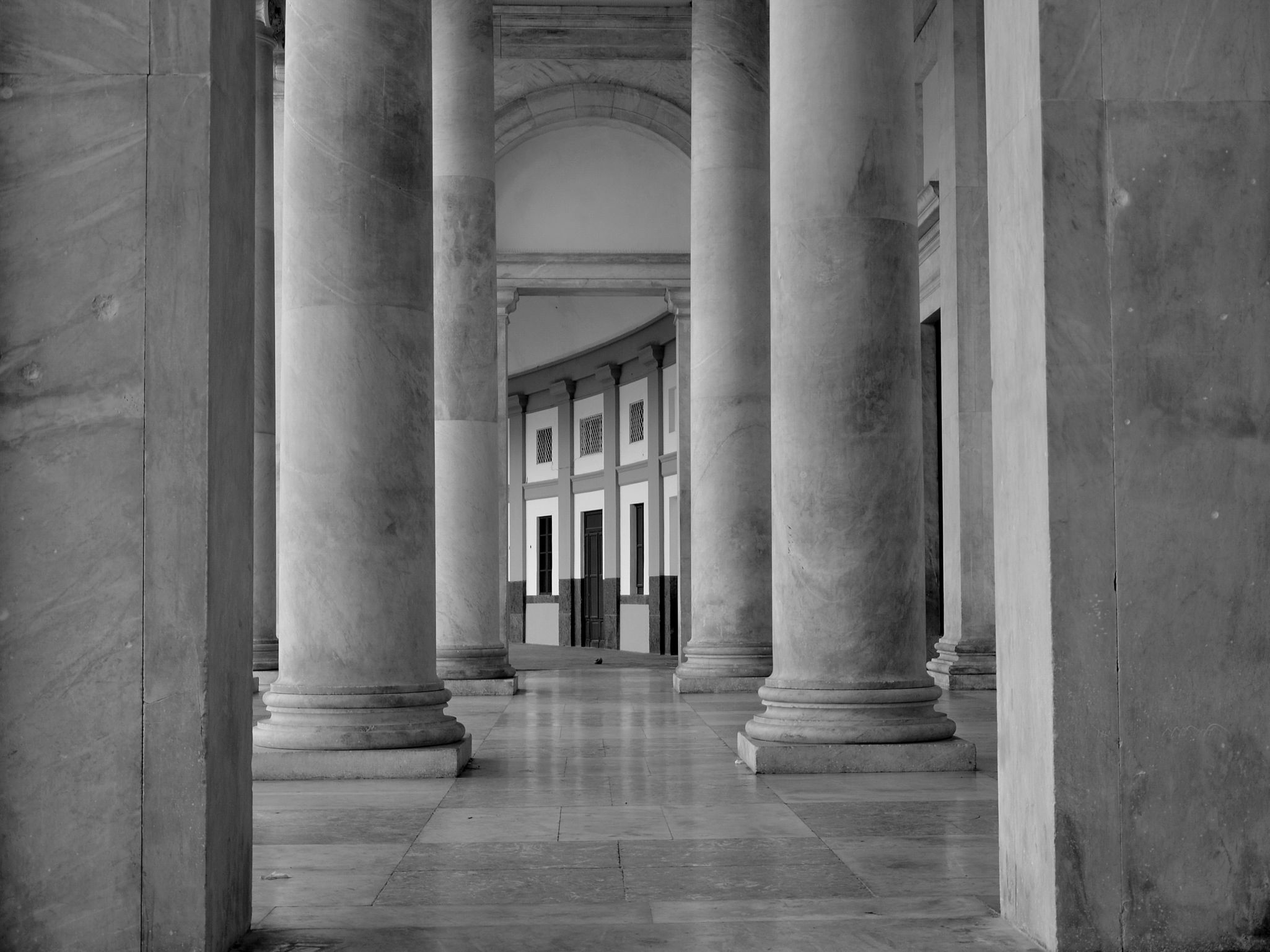
The U.S Securities and Exchange Commission (SEC) has frequently used disgorgement as a tool to strip wrongdoers of ill-gotten gains. The aim of disgorgement is to return the wrongdoer to the position he or she was in before the violation occurred and to prevent the wrongdoer from being unjustly enriched by their misconduct. On June 5, 2017, in Kokesh v. Securities and Exchange Commission,1the U.S. Supreme Court placed an important limitation on the SEC's ability to impose disgorgement.
In a unanimous opinion, the Supreme Court held that disgorgement is a penalty, and actions seeking disgorgement must therefore be commenced within five years of the date the claim accrues, under 28 U.S.C. Section 2462 (the applicable statute of limitations). In so ruling, the Supreme Court resolved a circuit split between the Eleventh Circuit, which found the five-year limit applicable, and the Tenth, First, and D.C. Circuits, which held that Section 2462 does not apply to disgorgement. The Supreme Court had previously held that Section 2462's five-year statute of limitations applies to civil penalties imposed by the SEC.2
The Kokesh opinion arises from the SEC's 2009 enforcement action against investment advisor Charles Kokesh for misappropriating $34.9 million from investors between 1995 and 2006. After a jury trial, Kokesh was ordered to pay $2.4 million in civil penalties (representing the amount of funds Kokesh received during the five-year limitations period) and to disgorge $34.9 million (representing the full amount of the funds he allegedly received dating back to 1995). The Tenth Circuit affirmed, ruling that disgorgement was neither a penalty nor a forfeiture under Section 2462.
The Supreme Court reversed the Tenth Circuit, agreeing with Kokesh that disgorgement "bears all the hallmarks of a penalty"3because it redresses a violation of the securities laws (i.e., a public rather than a private wrong); it is designed to deter rather than compensate; and it sometimes exceeds the profits gained by the wrongdoer. The Supreme Court clarified that its decision dealt with the applicability of the five-year time bar only and that it was not opining on "whether courts possess authority to order disgorgement in SEC enforcement proceedings or on whether courts have properly applied disgorgement principles in this context."4
The Supreme Court's decision in Kokesh is a victory for targets of SEC enforcement actions, as it curbs the SEC's ability to collect large disgorgement payments based on old conduct. The ruling could also have important implications for the way the SEC approaches Section 2462's applicability to other forms of equitable relief, such as industry bars or injunctions.
Disgorgement was also the subject of another recent decision by a state court judge in New York. In J.P. Morgan Securities Inc. et al. v. Vigilant Insurance Co. et al.,5Judge Charles E. Ramos rejected arguments made by Bear Stearns' insurers that the company's $160 million disgorgement payment was uninsurable as ill-gotten gains.
The case stems from the 2006 SEC and NYSE investigations into Bear Stearns' alleged facilitation of late trading and deceptive market timing. The SEC sought injunctive relief and sanctions in the amount of $720 million. Bear Stearns ultimately settled the SEC claims for a total of $250 million, $90 million of which was denominated a penalty and $160 million of which was denominated as "disgorgement." Bear Stearns' insurers refused coverage on the basis that disgorgement constitutes ill-gotten gains and therefore was not a loss covered by the insurance policies, which contain exclusions for funds improperly acquired by the insured.
Judge Ramos rejected this argument, reasoning that the insurers failed to demonstrate the requisite "conclusive link" between the disgorgement payment and "improperly acquired funds in the hands of the insured." Judge Ramos held that "the absence of specific language in the SEC order as to the breakdown of the $160 million [disgorgement] payment does not, as a matter of law, preclude coverage" where other evidence "overwhelmingly supports the conclusion that Bear Stearns' misconduct enabled its customers to generate millions of dollars of profits rather than its own ill-gotten gains." The insurers' "conclusory" argument to the contrary would not do.
This case highlights the importance of carefully identifying the alleged wrongdoing and the class of individuals that benefited from it when negotiating the language of a settlement with the SEC, or other regulators. Doing so may help to avoid costly disputes with insurers down the road.
For more information about the Supreme Court's Kokesh decision, the New York state court's ruling, or any related matter, please contact a member of the securities and governance litigation practice at Wilson Sonsini.
Contributors
- Privacy Policy
- Terms of Use
- Accessibility

